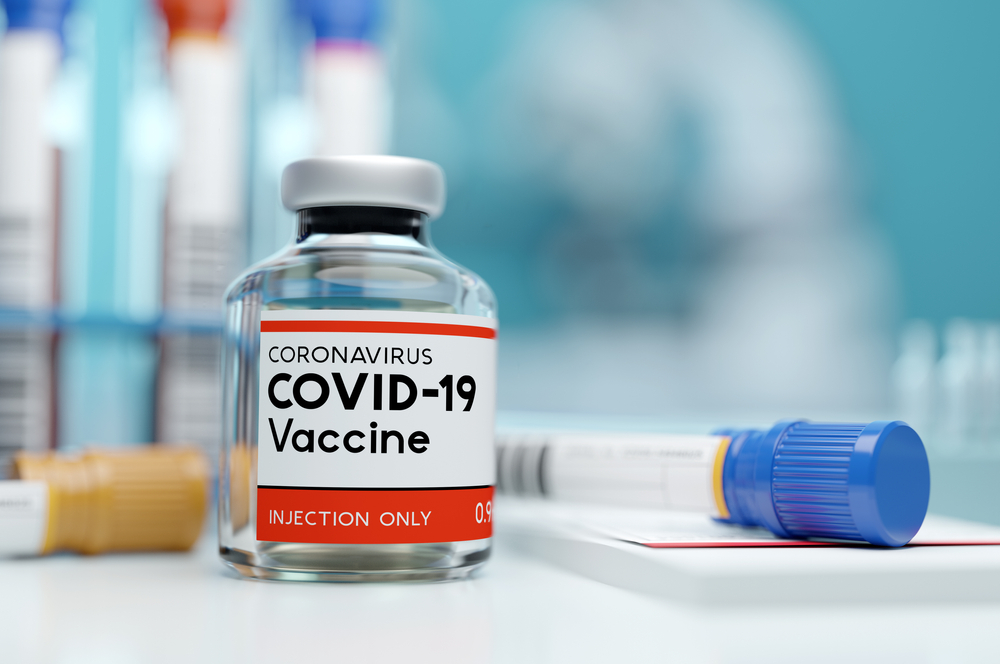Health plans will have to start covering COVID-19 vaccines shortly after their approval, regardless of whether they are delivered by an in-network provider, under regulations finalized by three federal agencies.

The interim final rule published on November 6 (85 Fed. Reg. 71142) is designed to implement various healthcare and coverage provisions of the Coronavirus Aid, Relief, and Economic Security (CARES) Act with regard to vaccines and other COVID-related services.
Of greatest interest to employers, the U.S. Departments of Labor (DOL), Health and Human Services (HHS), and the Treasury (Treasury) amended the Affordable Care Act (ACA) rules on preventive care coverage, which require first-dollar coverage of certain listed preventive services. These rules do not apply to health plans that remain “grandfathered” under the ACA.
Group health plans and insurers “must cover recommended immunizations as well as the administration of such immunizations, regardless of how the administration is billed,” according to the preamble. Rather than wait for a COVID-19 vaccine to appear on the Centers for Disease Control and Prevention’s list of “routine use” immunizations, health plans must start covering the vaccine within 15 business days after one of two named advisory bodies recommends it.
During the declared public health emergency for COVID-19, “plans and issuers must cover, without cost sharing, qualifying coronavirus preventive services, regardless of whether such services are delivered by an in-network or out-of-network provider,” the DOL, HHS, and Treasury stated.
If no rate has been negotiated with such a provider, the plan must reimburse the provider for this service “in an amount that is reasonable, as determined in comparison to prevailing market rates for such service.”
“It sounds like Medicare is the floor” when determining a reasonable rate, observed Jason Lacey, an attorney with Foulston Siefkin LLP, in a recent conference. While administration of a COVID-19 vaccine must be covered on a first-dollar basis, a plan may impose cost-sharing for an office visit if it is billed separately, he added.
Employer Vaccination Programs
As many employers have done with flu shots in the past, an employer may decide to offer COVID-19 vaccinations outside the group health plan. By doing so, however, the employer could be inadvertently creating a separate group health plan subject to the administrative and fiduciary requirements of the Employee Retirement Income Security Act (ERISA).
ERISA defines an “employee welfare benefit plan” in part as a plan, fund, or program that provides medical care. Vaccinations clearly constitute medical care, so the main question will be whether an employer’s vaccination offering constitutes a “plan, fund, or program” for ERISA purposes.
The fact that the COVID-19 immunization will involve two shots (rather than a single flu shot, for example) may push it closer to an ERISA plan, but it may still depend on the degree of administration involved, Lacey said. Based on the U.S. Supreme Court’s decision in Fort Halifax Packing Co. v. Coyne, 482 U.S. 1 (1987), other relevant factors include whether the benefit is offered continuously or at limited times, and the scope and tracking of eligibility.
Based on guidance that the U.S. Equal Employment Opportunity Commission has issued regarding flu vaccines, it appears that employers will actually be allowed to require COVID-19 vaccination, as long as accommodations are offered in certain cases, Lacey added.
Lacey spoke on November 19 in the annual Health and Welfare Benefit Plans National Institute, presented virtually by the American Bar Association’s Joint Committee on Employee Benefits.
